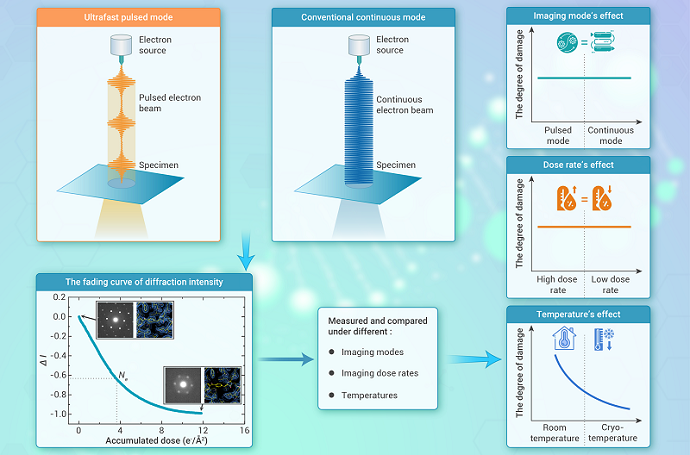

A study led by Dr. LI Chuanyun from the Institute of Genetics and Developmental Biology of the Chinese Academy of Sciences revealed how recently evolved human-specific genes can be hijacked by cancer to drive tumor growth.
Prof. LIANG Xingjie’s team from the National Center for Nanoscience and Technology, along with Prof. GONG Ningqiang from the University of Science and Technology of China, has developed a biomimetic physical barrier (BPB) that temporarily blocks T cell–tumor cell interactions, thereby delaying T cell exhaustion and enabling a stronger, more sustained immune response.
A research team led by Prof. ZHANG Quanfa from the Wuhan Botanical Garden of the Chinese Academy of Sciences has conducted a comprehensive assessment of the region's ecological and social vulnerabilities using advanced Geographic Information System (GIS) tools and big data analytics. The study evaluated factors including climate change, vegetation degradation, and human activities.

A collaborative team from the Institute of Biophysics and the Institute of Physics has constructed a cutting-edge ultrafast cryo-electron microscopy (cryo-UEM) system to experimentally test whether time-modulated pulsed electron beams can mitigate radiation damage in soft matter samples-a longstanding controversy in the cryo-EM community.
A research team led by Prof. LI Ming from the Institute of Zoology of the Chinese Academy of Sciences, collaborating with scientists from Sichuan University and Anhui University, has published a study in Science Advances that offers new insights into species conservation amid climate change—warning that Tibetan macaques may be more vulnerable than currently recognized.
Researchers from the Center for Excellence in Brain Science and Intelligence Technology and the HUST-Suzhou Institute for Brainsmatics reported the first comprehensive study of whole-brain projectomes of the macaque prefrontal cortex (PFC) at the single-neuron level and revealed the organization of macaque PFC connectivity. By comparing macaque and mouse PFC single-neuron projectomes, they revealed highly refined axon targeting and arborization in primates.

86-10-68597521 (day)
86-10-68597289 (night)

52 Sanlihe Rd., Xicheng District,
Beijing, China (100864)

